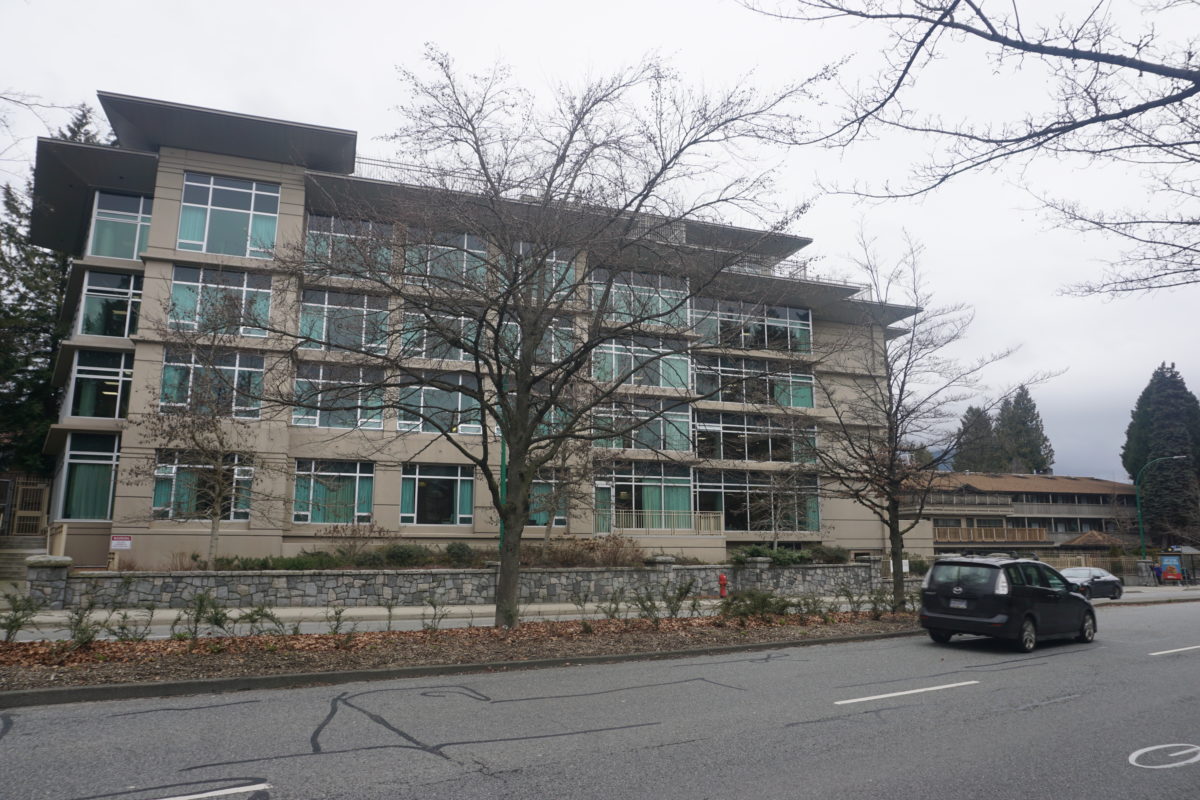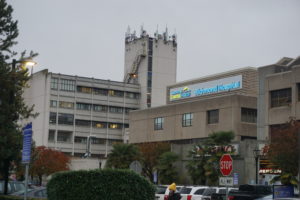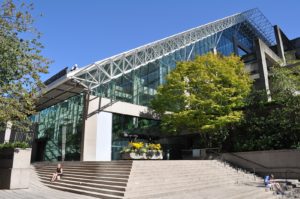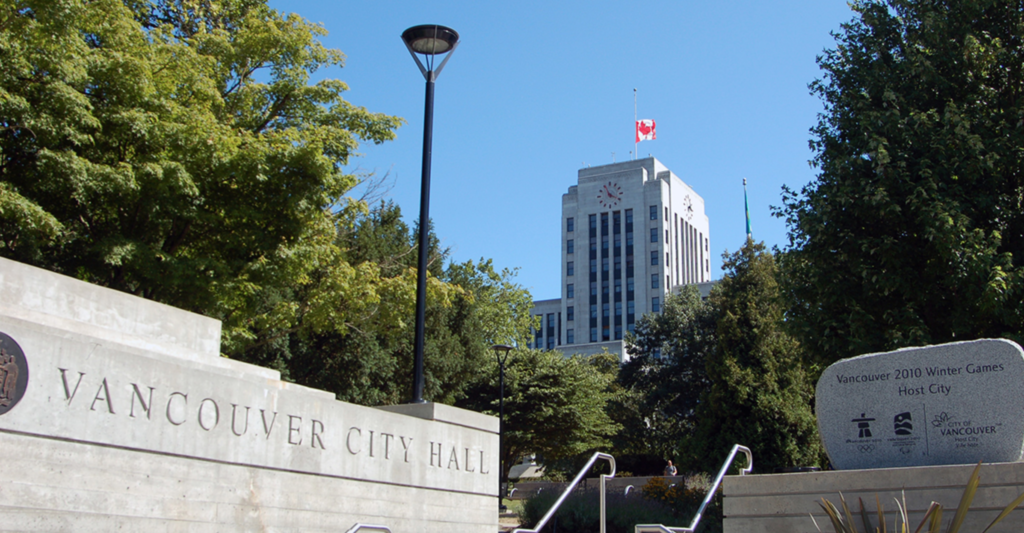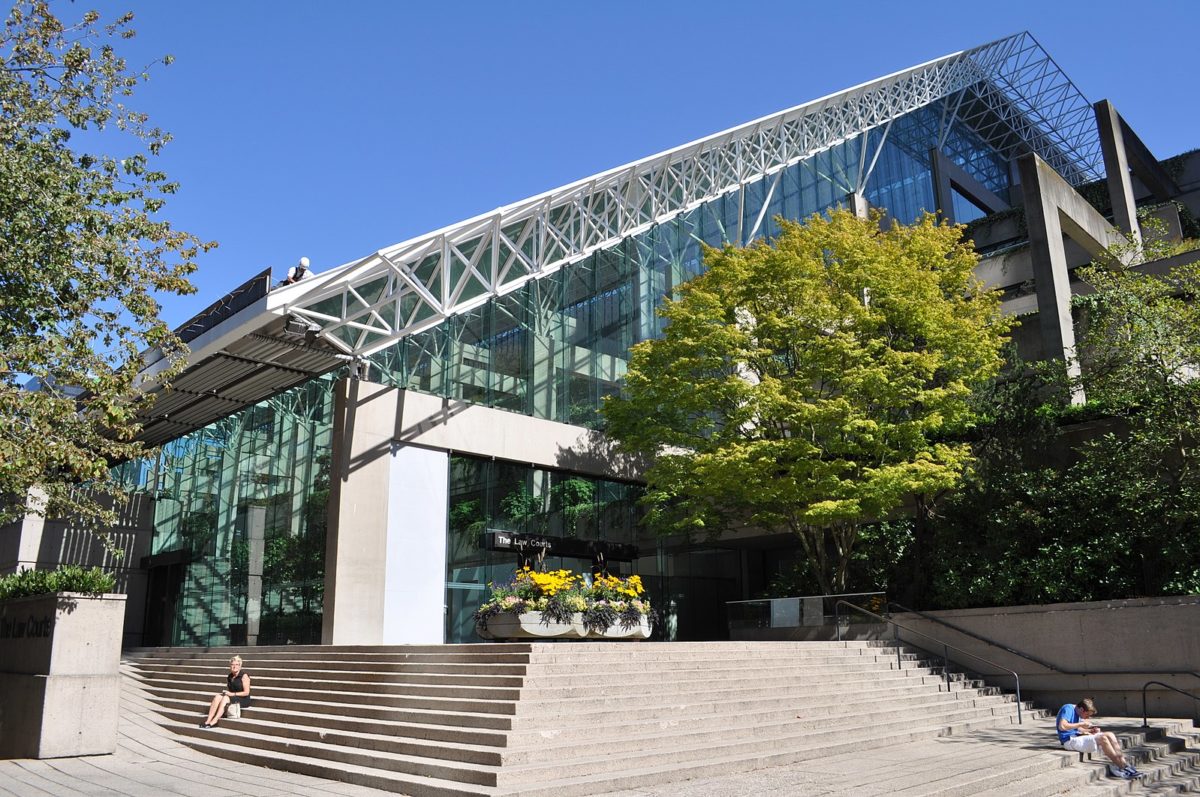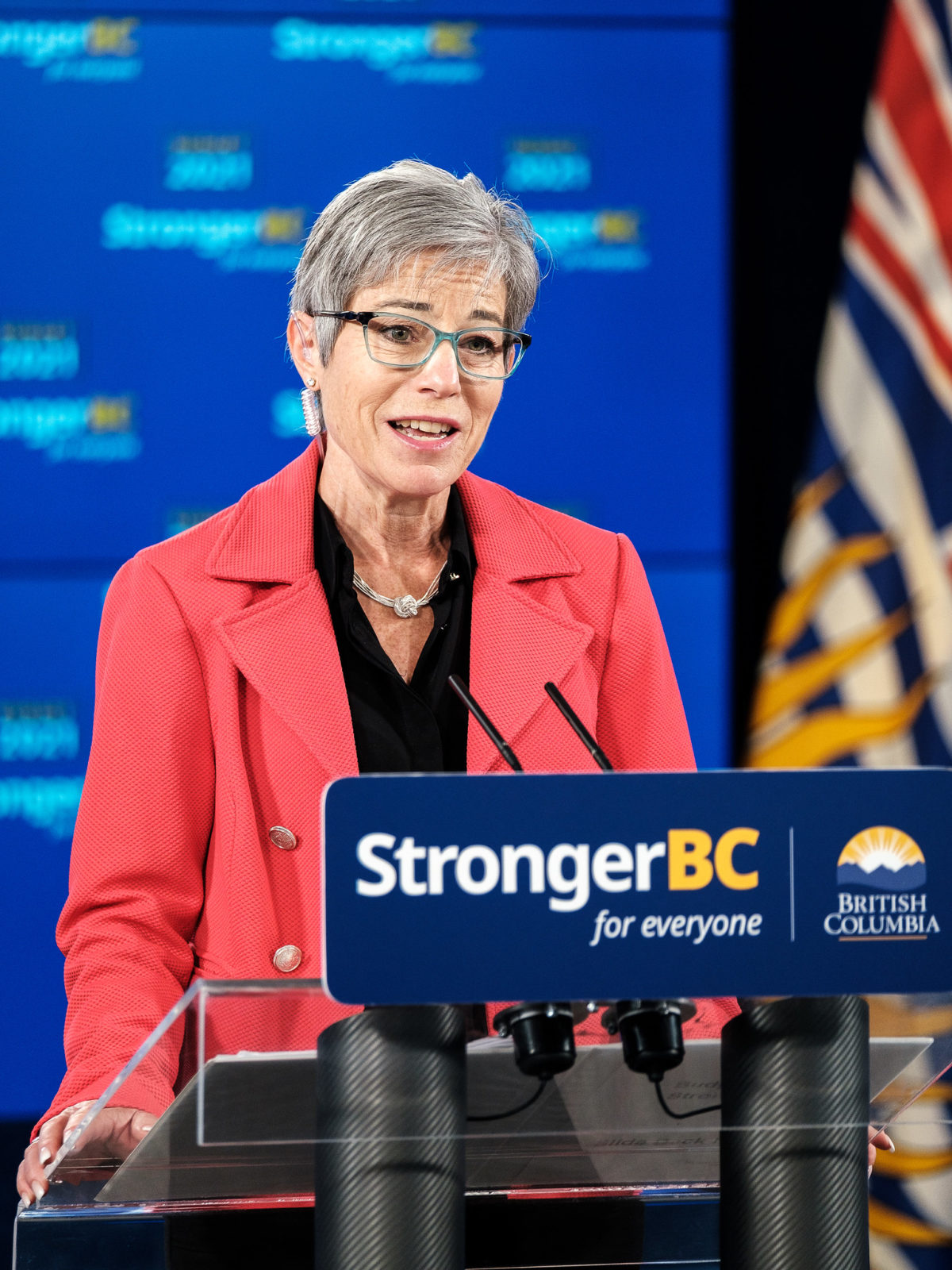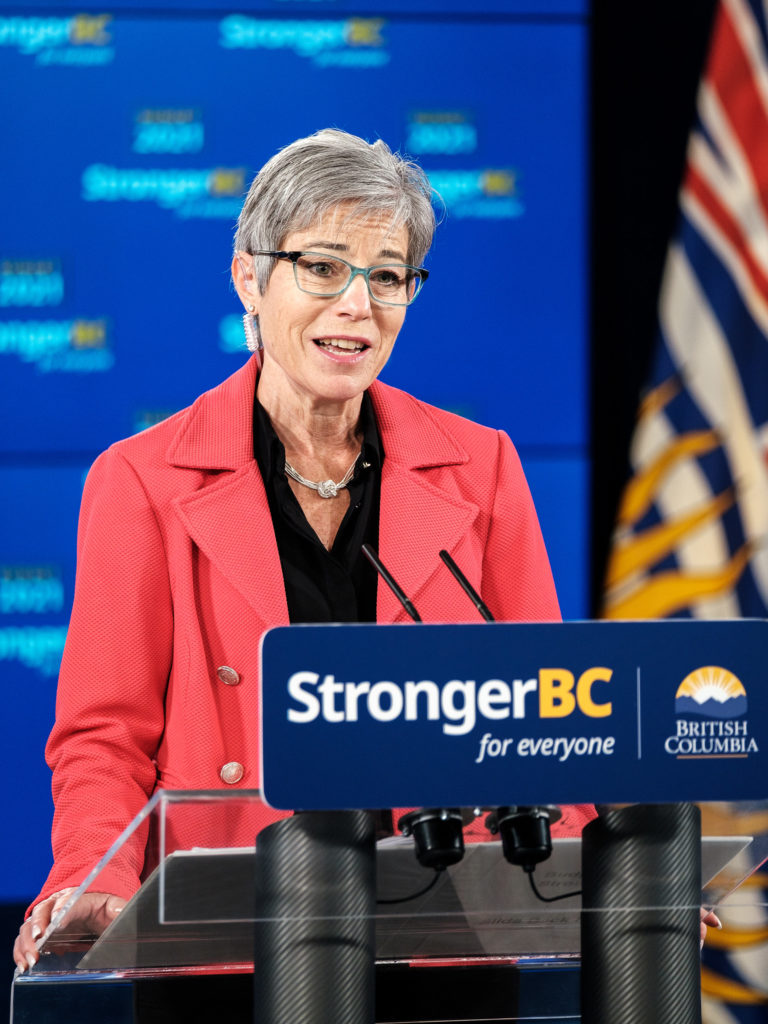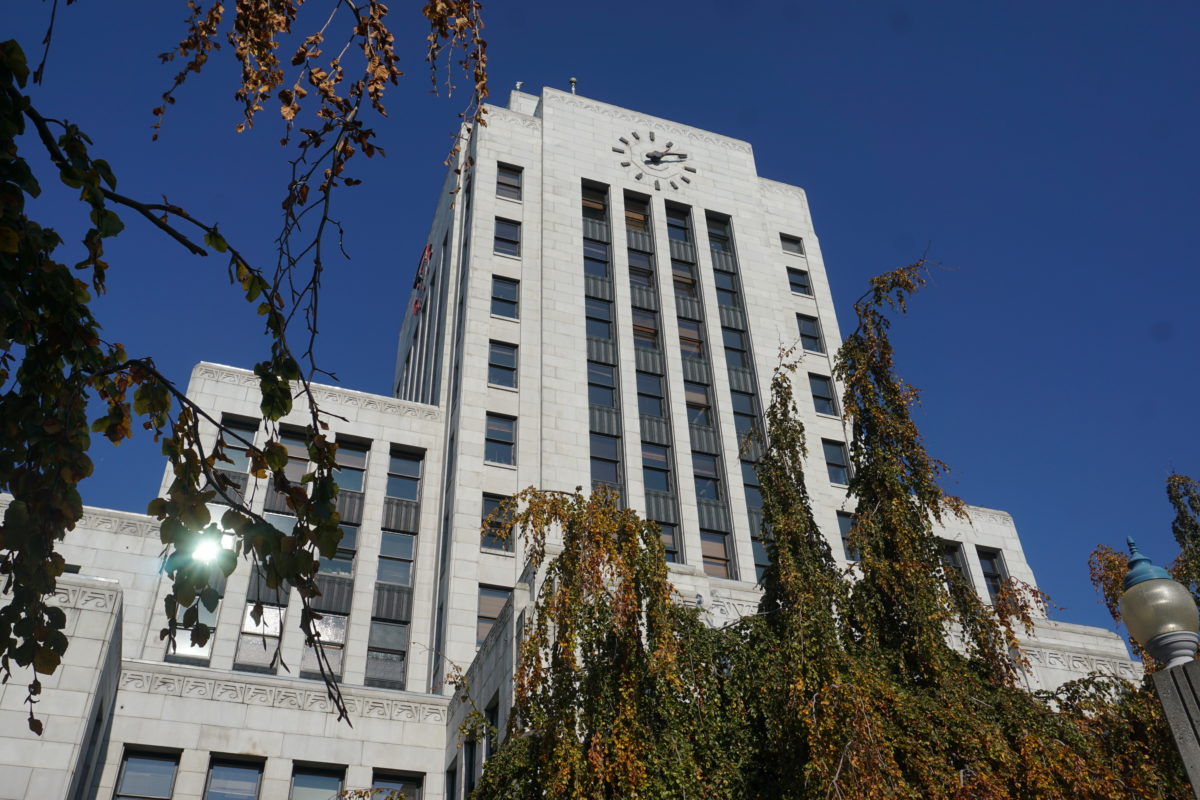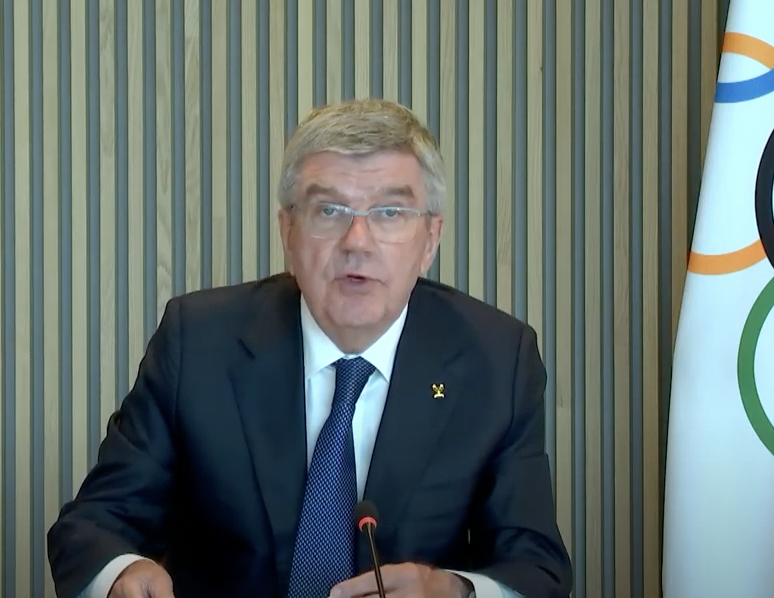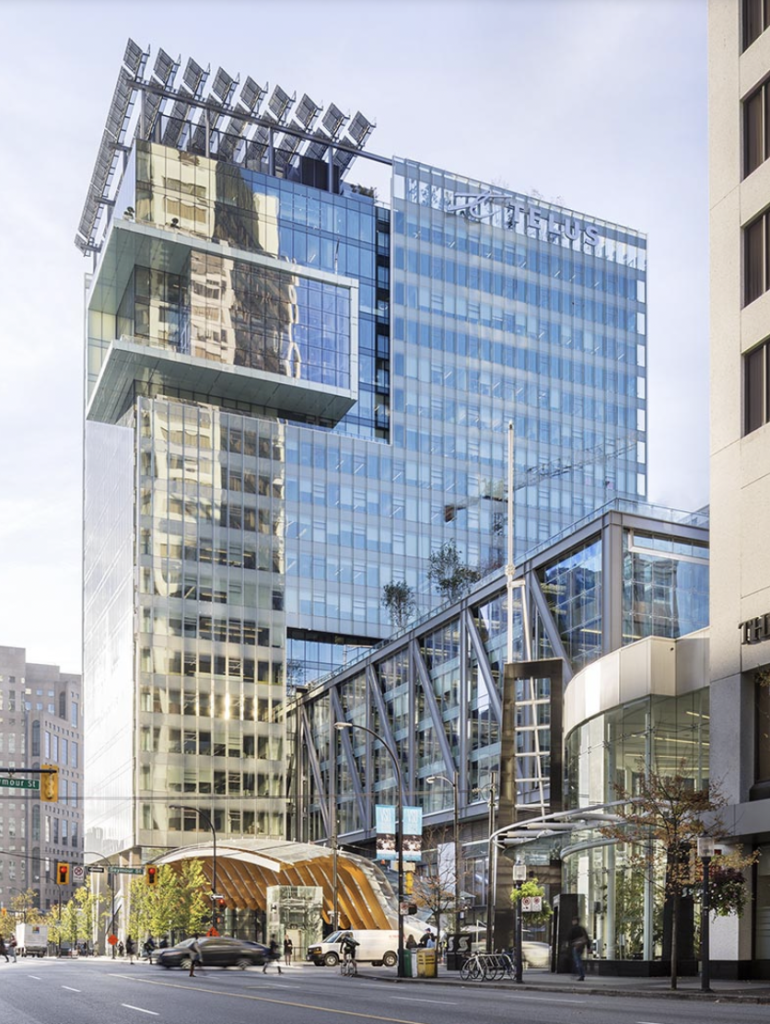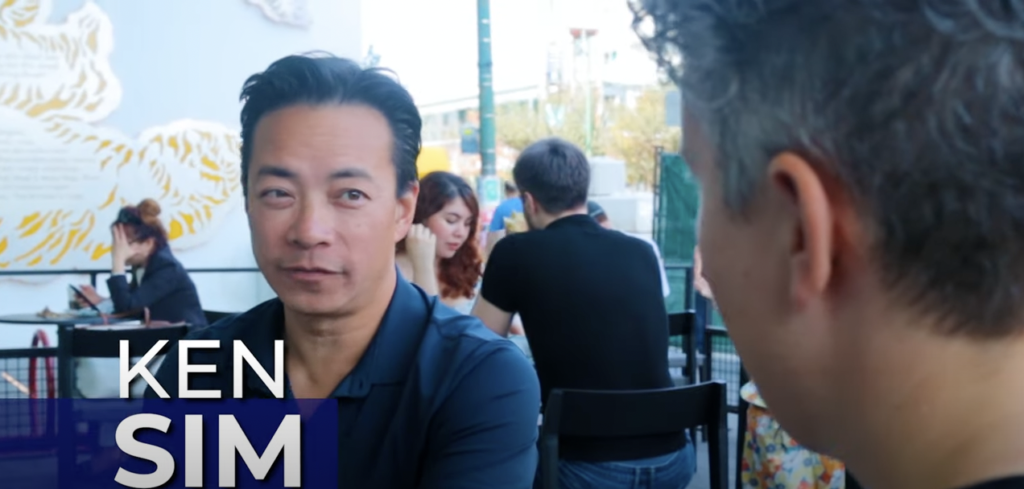Holiday to mourn monarch rare, but costly
Bob Mackin
The cost to British Columbia’s economy for a day to mourn Queen Elizabeth II could have been almost $280 million, had Premier John Horgan declared a statutory holiday.

Canada’s $20 bill with the face of the late Queen Elizabeth II (Bank of Canada)
But it won’t be cheap for the government to shut down for the solemn occasion.
Horgan announced Sept. 13 that schools, colleges, universities, courts and most Crown corporations would be closed Sept. 19. Prime Minister Justin Trudeau announced a day earlier that federal government offices would close. Both stopped short of declaring a full, statutory holiday.
“We encourage private-sector employers to find a way to recognize or reflect on the day in a way that is appropriate for their employees,” Horgan said in a statement.
Economic activity is bound to suffer while public sector employees will benefit. A briefing note produced before British Columbia’s first Family Day holiday in 2013, obtained under freedom of information, cited a formula developed by BMO Capital Markets first used when Ontario adopted Family Day in 2007.
“The Ministry’s rough estimate is that a new statutory holiday could result in reduced economic activity in the range of about $198 million (i.e., the equivalent of approximately 0.1% of provincial Gross Domestic Product),” said the briefing note for the Ministry of Labour, Citizens’ Services and Open Government. “In addition, a February holiday would have a direct fiscal impact on government. The Public Sector Employers’ Council Secretariat has estimated this to be approximately $28 million in additional wage/salary and benefit costs for employers in the broad public sector (0.12% of the public sector compensation base of $22.9 billion).”
B.C.’s real GDP in 2021 was estimated at $279 billion, according to the Ministry of Finance. At 0.1%, that would be $279 million. The cost of government has also risen over the last decade. As of last April, B.C.’s public sector compensation base was $38.6 billion, which would peg the cost of additional wages/salary and benefit costs for a day off at $46.3 million during a period of high inflation.
While the costs are significant amid a pandemic and high inflation, the occasion is rare and historic. Queen Elizabeth II was head of state for 70 of Canada’s 155 years and the previous day off for a monarch’s funeral was Feb. 15, 1952, when King George VI was laid to rest.
Vancouver city hall is closed for a civic holiday. Public services and the 3-1-1 hotline will continue operating. Park Board facilities will open as usual with added options for parents without childcare or youth support. Vancouver Public Libraries will also open.
Richmond city hall and works yard will be closed, but community centres and associated programs will remain open and in place as scheduled, said city hall spokesman Clay Adams.
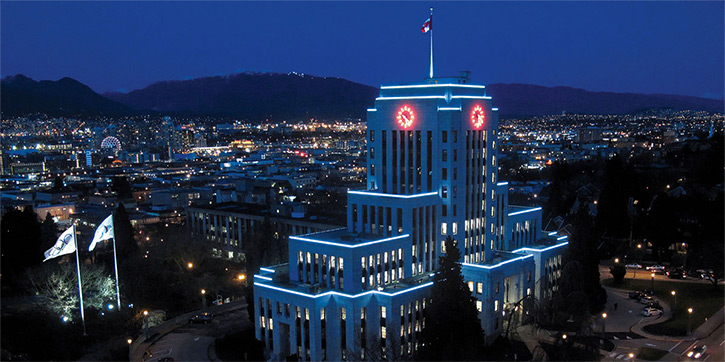
Vancouver city hall at night (City of Vancouver)
“Garbage, recycling and green cart collection will also remain as scheduled,” Adams said.
Burnaby city hall won’t open and the regular meeting of city council is cancelled out of respect to the Queen’s memory.
The federal government has declared a national day of mourning on the date of the Queen’s funeral, and the Province of BC and several other provinces are also observing this federal holiday. In BC this means that K-12 public schools, public post-secondary institutions and most Crown corporations will also be closed.
TransLink’s communications director Tina Lovgreen said bus, SeaBus, West Coast Express and Canada Line will operate on a standard weekday schedule. SkyTrain will run standard weekday hours with reduced peak service. Bad news for seniors and people with mobility issues: HandyDART will operate on holiday-level service.
“The TransLink customer service centre, access transit customer care office and lost property will be closed. Regular fares will be in effect,” Lovgreen said.
Don Bradley of Metro Vancouver said the regional government will recognize the national day of mourning, “as if it were a statutory holiday, for 2022 only.”
“Our flags at our various sites are at half-mast and will remain so for several days,” Bradley said. “All essential services will continue to be provided to the region without disruption.”
Maria Ladouceur of Canada Border Services Agency said administration offices will close, but border crossings will treat it as a regular Monday.
“Our front line employees will continue their regularly scheduled shifts given that they deliver critical services to Canadians,” Ladouceur said.
Deborah Marshall of BC Ferries said there was already additional service on the Tsawwassen-Swartz Bay route planned prior to the announcement of the Sept. 19 funeral. “We are not planning to add any extra sailings beyond what was already scheduled,” she said.
Support theBreaker.news for as low as $2 a month on Patreon. Find out how. Click here.
Bob Mackin The cost to British Columbia’s economy







